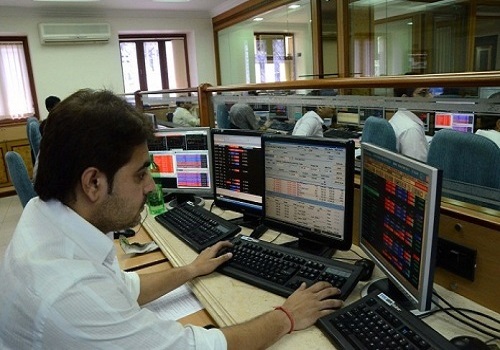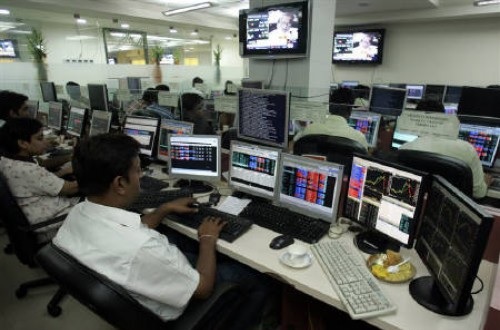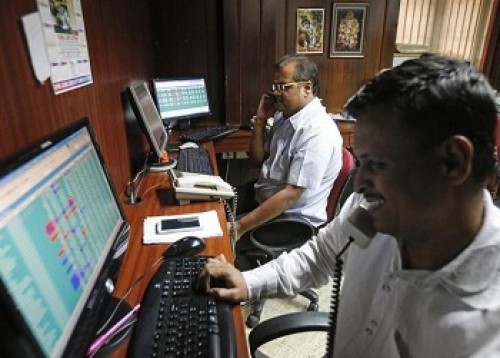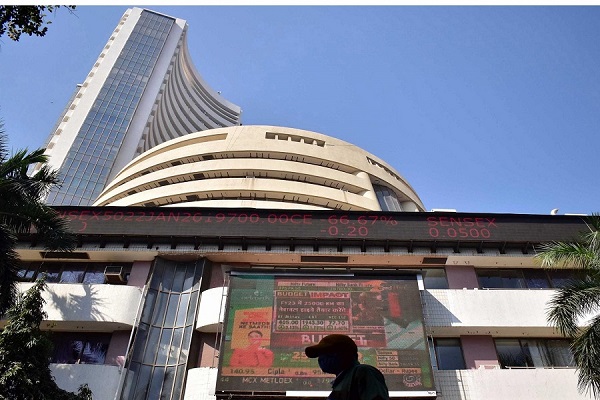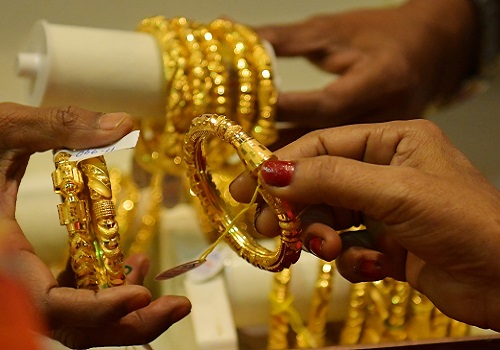NBFCs to face asset quality, liquidity risk due to Covid 2.0
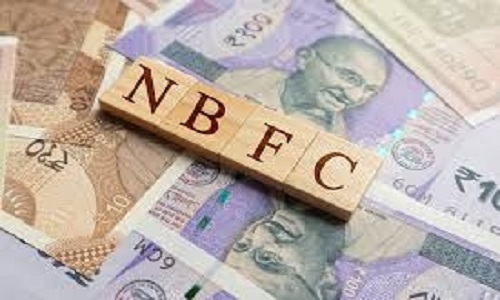
Indian non-banking finance companies (NBFC) face asset quality and liquidity risks owing to second wave of Covid-19 pandemic, said credit rating agency Fitch Ratings.
Fitch on Thursday said NBFCs will face increased challenges if the restrictions to contain the pandemic are expanded or prolonged which in turn leads to economic and operational disruption.
The credit rating agency said it had revised India's gross domestic product (GDP) forecast for the fiscal year ending March 2022 (FY22) to 12.8 per cent in its March 2021 Global Economic Outlook, from 11 per cent in the previous forecast in December 2020 due to the unexpectedly strong rebound in economic activity in late 2020 and early 2021.
"The forecast revision incorporated expectations of a slowdown in 2Q21 due to the flare-up in new coronavirus cases. However, an increase in the rate of infections and broadening of social distancing restrictions pose downside risks to our projections," Fitch said.
A key hotspot is Maharashtra, the state with the largest economic contribution in India at 13-14 per cent of India's GDP.
Maharashtra introduced stricter social-distancing measures over the weekend in response to rising coronavirus cases, including weekend curfews and weekday activity restrictions till end-April 2021.
Several other states -- Gujarat, Punjab, Delhi and Chhattisgarh, which together account for about 16 per cent of national GDP -- have also implemented additional restrictions, including night curfews.
The economic impact of these curbs will depend on their duration and severity. Expanded curbs could derail the fragile recovery in India's NBFC sector since a nation-wide lockdown was gradually relaxed from mid-2020.
According to Fitch, the Central and the state governments have indicated that fresh restrictions will not be as extensive as those in April-June 2020, particularly as vaccine rollout progresses.
A resurgence in asset-quality pressure for NBFCs could lead to renewed funding strains for the sector as many government schemes like the Partial Credit Guarantee scheme supporting asset-backed securitisation and Special Liquidity Scheme providing government-guaranteed short-term funding relief have expired, Fitch said.
Meanwhile, the extension of the Emergency Credit Line Guarantee Scheme for SMEs till June 2021 will offer such borrowers further breathing room, Fitch said.
According to Fitch, it may review its credit ratings of NBFCs if more severe restrictions that have greater operational repercussions for rated entities are imposed.
The rating agency said it views IIFL Finance Limited (B+/Stable) as the most vulnerable to recent developments due to its exposure to the affected states and to higher-risk developers, small and medium enterprises (SME) and microfinance.
This risk is reflected in its rating at the lower-end of rated peers. Shriram Transport Finance Company Limited (BB/Negative) is also relatively exposed because of its concentration in commercial vehicle finance, although essential-goods volumes could provide an offset in affected areas. The ratings on Muthoot Finance Limited (BB/Stable) and Manappuram Finance Limited (BB-/Stable) reflect Fitch's belief that their niche gold-backed loan exposure will remain relatively resilient, Fitch said.


